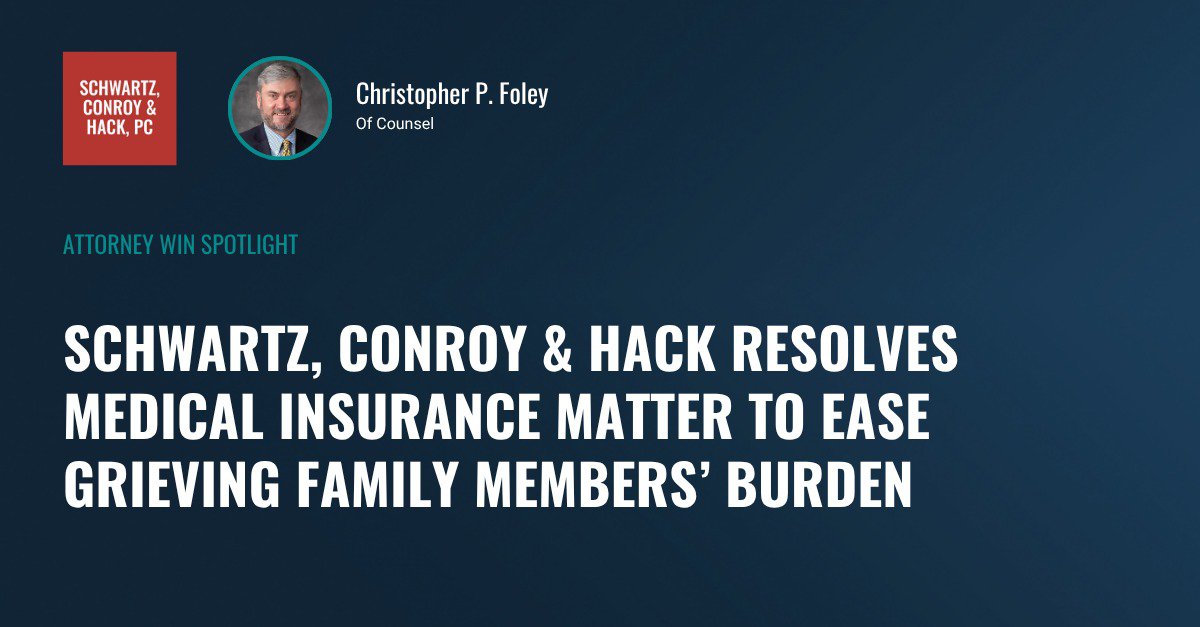When you file a disability claim against your insurance company, or when you file a personal injury lawsuit against the negligent person who caused you to suffer an injury, the insurance company naturally wants to pay you as little as possible. It is looking out for its own best interests, not yours.
One of the most common ways insurance companies attempt to reduce their claim payouts is to challenge your allegations of injury and consequent disability. Oftentimes they do this by hiring someone to surveil you and take photographs or videotapes of you doing things that you claim you cannot do. This type of surveillance is perfectly legal as long as the investigator does not come onto your private property or that of anyone else.
When Surveillance Typically Occurs
The two most common times an insurance company might surveil you are right after you file your claim or lawsuit and right after the company has sent you to its own doctor for assessment and evaluation. This is particularly common in cases where you are claiming a back injury that precludes you from bending, lifting, carrying or a variety of other normal day-to-day activities.
The purpose of the surveillance is to catch and document you doing something you claim you cannot do because of your injury and/or disability. For instance, if you claim your alleged back injury prevents you from carrying heavy loads, the investigator wants to catch you unloading grocery bags from your car and carrying them into your house. (S)he would also like to catch you carrying your toddler, obviously heavy trash bags, etc. (S)he and the insurance company know that when the jury sees the pictures or videos of you engaging in such activities, it will conclude that your damages are not nearly as high as you claim they are.
How to Spot Surveillance
Whenever you are involved in an insurance claim or lawsuit, be extra vigilant of what’s going on in your neighborhood and elsewhere, including the following:
- Strangers “lurking” around
- An unfamiliar car or truck parked outside your house or in front of one of your neighbors’ houses
- Anyone who seems out of place in your neighborhood
- Any stranger you see several times in a few days’ period and/or who seems to be following you
- Anyone who appears to be taking photos of you
Insurance companies generally send their investigators out with their cameras and other surveillance equipment during the daytime when lighting is optimal. They also usually surveil you for at least three days in a row.
Remember, the insurance company may decide to surveil you at any time throughout the pendency of your claim or lawsuit. In addition, it may surveil you periodically if it is paying you substantial long-term benefits.
Please contact us with any questions or comments.
Evan S. Schwartz
Founder of Schwartz, Conroy & Hack
833-824-5350
[email protected]


